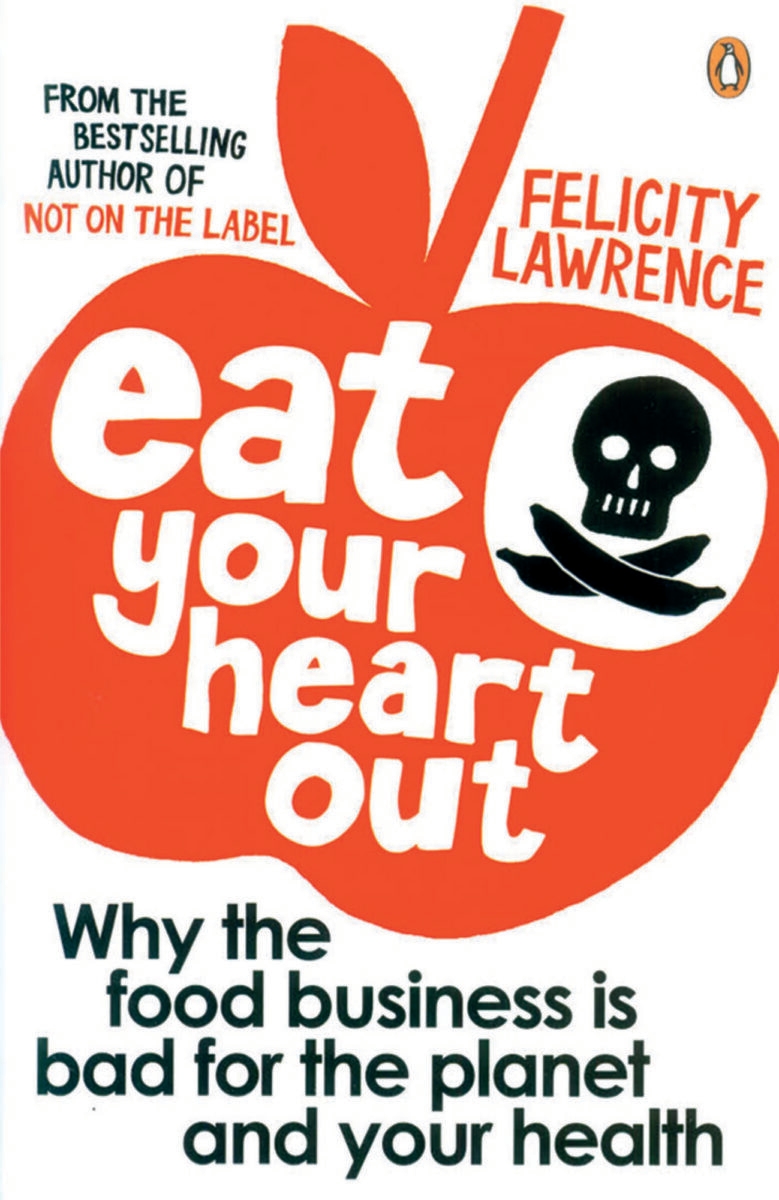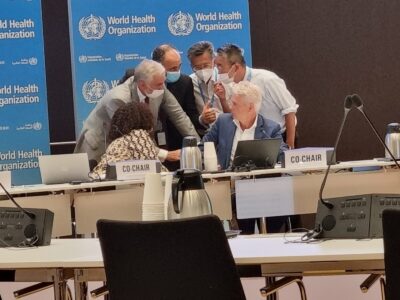Main content
Hans Wendte served as editor-in-chief for five years, from 2011 to 2015.
Introduction to the column by Hans Wendte
When I took over the position of editor-in-chief from Hans Borgstein, I was well- prepared. My role in MTb was closely entwined with that of Esther Jurgens. In our opinion, the existing Medicus Tropicus was inefficiently organised and not prepared for the future. Some questions had to be addressed urgently, like the independence of the editorial board, a lack of insight in the appreciation by our readers if any, the heavy burden of MTb on the budget, and the lack of contributions (papers). After two years of preparations and with the blessing of the board of the NVTG, I became editor in chief. We would surprise the readers with a bulletin of selected themes (idea of Esther) often prepared by a guest editor of one of the working groups. The new MTb was published quarterly, in English, in full colour, and was also available digitally. The graphic design studio – ‘Mevrouw van Mulken’ – did the restyling, and every issue had a cover photo by the photographer Hanneke de Vries. We kept the letters MT in the title as a compromise to comfort some distinguished NVTG members.

Since my own contributions to MTb in the years after I left were limited, it is my pleasure to contribute to the final issue with a column I wrote that was published in Emphasis, the Journal of MFAS (Medical Faculty Amsterdam Students, AMC), back in 2009. I wrote this column on the swine flu epidemic, illustrating the dynamic between disease, politics and economics.
This dynamic continues to play a role. Examples include the COVID pandemic, the rise of non-communicable diseases in low- and middle-income countries, and the recent measles outbreak in the USA. The occurrence of disease is determined by so much more than the biological pathophysiology alone. Please consider this column from 2009 as an additional illustration of this dynamic.
| Following Judy Trunnell’s death Judy Trunnell, a teacher, was the first American citizen who passed away due to complications of an Influenza A H1N1 infection. On May 5th, 2009, she died, while 8 months pregnant. Thankfully, the doctors were able to save her unborn child through a caesarean section. She left behind a husband, who, devastated, filed a lawsuit against Smithfield Foods. Smithfield is the largest pork producer in the world; in 2006 the company slaughtered 26,000,000 pigs globally. In the USA, Smithfield supplies a quarter of all pork, and McDonald’s is a major customer. The disease was named Swine Flu (initially), much to the dismay of the pork industry. Smithfield’s stock price dropped dramatically, well below the Dow Jones Index average. Understandably so, as their pig farms in the village La Gloria, in Veracruz Mexico, were regarded as the source of the outbreak of this flu. Four-year-old Edgar Hernandez is thought to have been the first case. Fortunately, he survived. Panic ensued at Smithfield, which didn’t have the best reputation to begin with: bad for the animals, bad for its employees, and now a threat to humanity at large as well. Earlier, Smithfield’s environmental practices were described by Felicity Lawrence in Eat Your Heart Out: Who Really Decides What Ends Up on Your Plate? (2008). In 1997, the company illegally dumped waste in the Pagan River in Virginia, and subsequently was fined 12.6 million US dollars. It concerned 4,700,000 gallons of faeces, heavy metals, antibiotics, hormones, etc., etc., which was also rotting in the lagoons and pools around the company’s facility in Mexico. According to the Mexican newspaper La Jornada, clouds of flies multiplied there. Panic ensued in Mexico as well. Politicians and businessmen feared major economic damage. Hotels closed their doors; the flu was coined the ‘Mexican Flu’ colloquially – an unjust label, leading the WHO to rename the flu H1N1. But it would always remain ‘Mexican Flu’ in people’s minds. Meanwhile, Smithfield tried to salvage its reputation. On May 17th, C. Larry Pope, Smithfield’s CEO, proudly announced that health experts from the Mexican government had confirmed there was no flu virus present in Smithfield’s pigs in La Gloria, a facility co-owned by AHMSA (Altos Hornos de México, a steel plant in Mexico). He also emphasised once again that the Centre for Disease Control and Prevention (CDC) in Atlanta and other scientific bodies had stated that one cannot contract flu through the consumption of pork or pork products. Nevertheless, he promised that Smithfield would take extraordinary measures to rigorously enforce global biosecurity procedures. Smithfield’s lawyers threatened legal action if Tracy Worcester’s documentary Pig Business were to be aired. The documentary delves into the practices of Smithfield Foods, holding the company responsible for massive environmental pollution around its pig farms and for the health problems of local populations. It also critically examines the quality of our food and animal welfare. People living nearby are more likely to suffer from asthma, nausea and headaches. Local fishermen reported large fish die-offs nearby, which was already reported in the book Crimes Against Nature by Robert F. Kennedy Jr. [1] Worcester’s film was produced in 2008, but by June 2009, still no one had dared to show the film. Smithfield claims that its contents do not reflect the current situation. Finally, the documentary was aired in a censored version. [2] However, there certainly are concerns. Virologists at the CDC, through using genetic fingerprinting techniques, found that the virus strain was the same as the one first identified on industrial pig farms in North Carolina. Felicity Lawrence called it The Pig’s Revenge in The Guardian (May 2, 2009). I wish Judy Trunnell’s husband much strength in his legal case. [3] |

References
- Comment by editorial board: The author of this book, Crimes against Nature: How George W. Bush and His Corporate Pals Are Plundering the Country and Hijacking Our Democracy (2005), is really the same person as the current Secretary of Health and Human Services, part of the Trump Government (after he ran in the 2024 presidential election, first as a candidate for the democratic party, and later as an independent candidate).
- Documentary available on: https://farmsnotfactories.org/pig-business
- As of current publication date, no additional information was found on the outcome of Trunnell’s legal case. It is unclear if Trunnell followed through with his suit against Smithfield Foods. See https://time.com/archive/6933522/h1n1-virus-the-first-legal-action-targets-a-pig-farm/



















































